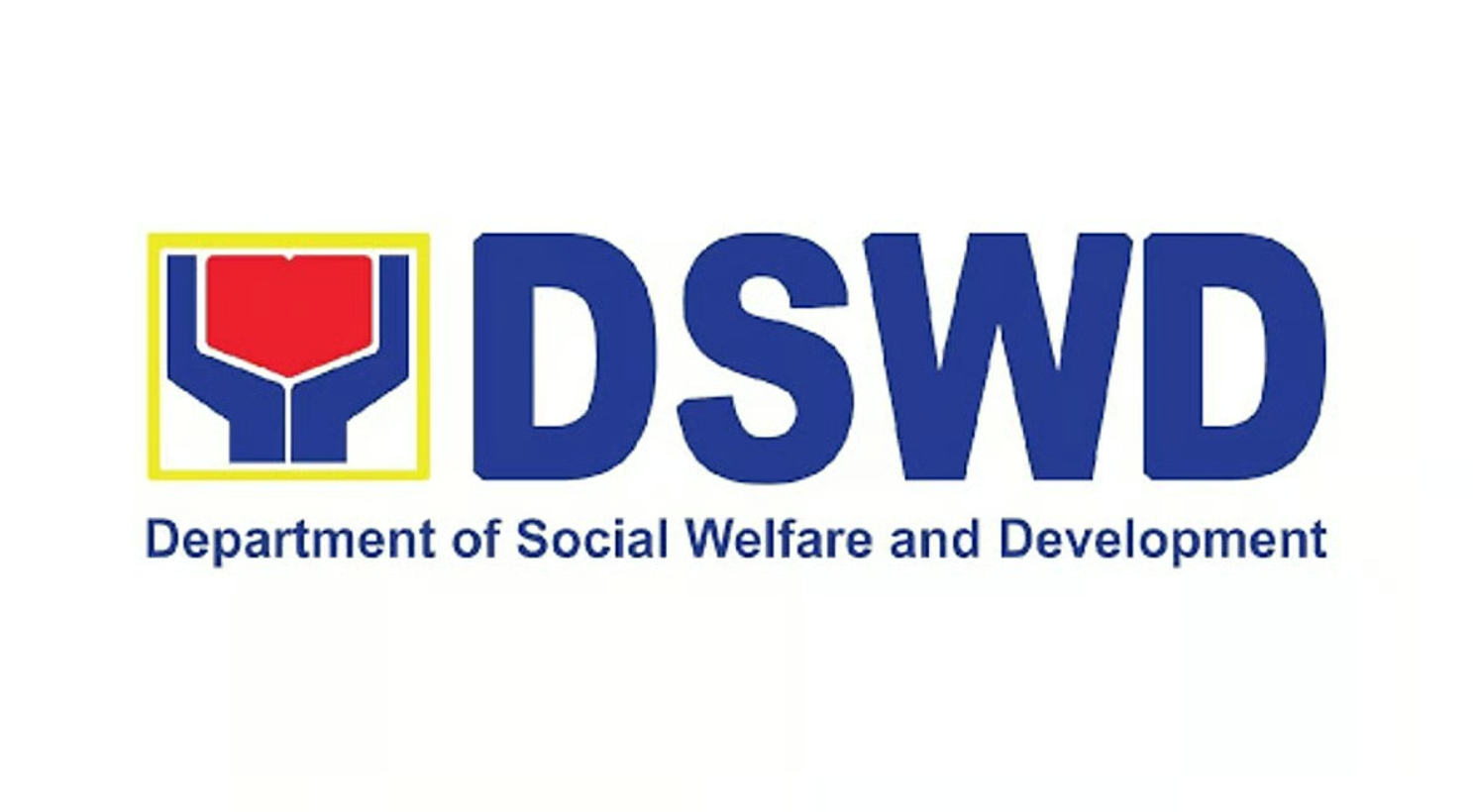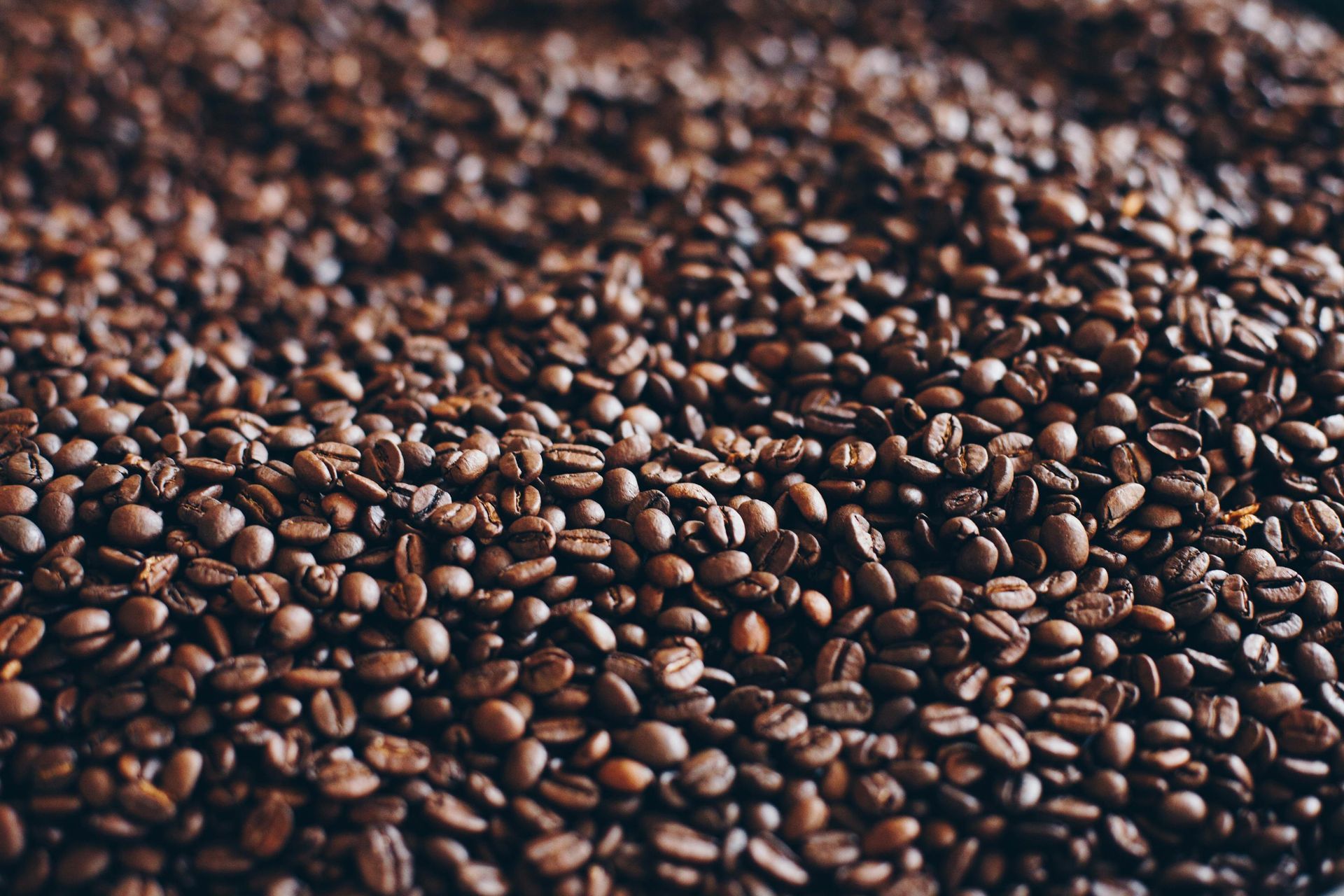Nika victims number in Cagayan Valley region quadruples
Art Dumlao — November 16, 2024
Nika victims number in Cagayan Valley region quadruples
BAGUIO CITY (November 14, 2024) -- From over 13,000 families devastated by typhoon Nika in Cagayan Valley, the numbers quadrupled to 54,221 families (216,077 individuals) as of early Thursday morning, the social welfare department said.
This as victims of the massive flooding and devastation on their homes caused by torrential rains and very strong winds in Quirino and Nueva Vizcaya swelled, said DSWD Disaster Response Management Group Assistant Secretary Irene Dumlao.
DSWD Region II has placed affected number of barangays all over the Cagayan Valley region to 851 with Isabela recording the most at 37,341 families (160,413 individuals) from 497 barangays, while Cagayan province recording at least 14,077 families (46,780 individuals) from 208 barangays coming in second.
Nueva Vizcaya had recorded 665 families (2,236 persons) from 69 barangays victimized while
2,138 families (6,648 persons) from 77 barangays were victimized in Quirino.
Government assistance to typhoon victims though had kept on pouring into Cagayan Valley, Asst. Sec. Dumlao assured, citing DSWD’s Assistance to Individuals in Crisis Situation (AICS) initial distribution of P40,000.00; 11,782 family food packs amounting to P7,336,380.56;
765 non-food items amounting to P1,715,404.00; 1,116 bottled water amounting to P72,216.36.
Financial assistance through the AICS is handed out to the family of an individual who dies due to drowning during the flooding, DSWD Region 2 Assistant Regional Director for Operations Franco G. Lopez explained.
At least 280 family food packs (FFPs) were already sent to Fuga Island in Aparri, Cagayan and 250 FFPs in Calayan, also in Cagayan via a Philippine Air Force’s Black Hawk helicopter, ARD Lopez added.
“Buhay na buhay ang diwa ng bayanihan matapos ang tulung-tulong na pagbaba ng mga FFPs kasama ang DSWD, PNP, Coast Guard, PAF, Philippine Marines, at mga residente sa naturang lugar,” said DSWD Region 2 regional director Lucia Suyu-Alan.




